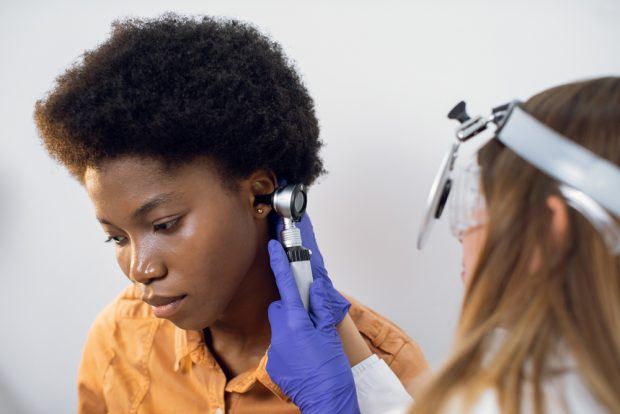The world of hearing healthcare is ever-evolving, with the technology and advancements in clinics setting the pace for what’s to come. From new digital tools helping professionals provide more precise diagnoses to a better understanding of auditory anatomy, allowing clinicians to plan individualized care, it’s difficult not to be amazed by how far hearing healthcare has come.
But there are still many questions that remain unanswered: where will hearing clinics go from here? What possible trends could shape the future of audiology?
In this blog post, we aim to explore some of these possibilities. This way, you can better understand what to expect from your hearing clinic in the future. Longevity Live Paid Content.
How Did Hearing Clinics Evolve?
It’s worth taking a quick look at the history of hearing clinics to gain insight into where they could be headed in the future. In the past, hearing clinics primarily focused on diagnosing and treating issues with hearing loss. However, as our understanding of auditory anatomy evolved, so did the scope of professional care in a hearing clinic.
Today, many clinics, like the Hear & Say hearing clinic, offer a wide range of services, including digital hearing aids and implantable devices, tinnitus treatment and management programs, vestibular rehabilitation therapy for balance issues, specialized ear protection for both recreational activities and daily noise exposure, counselling to provide psychological support during difficult times in the patient’s journey with hearing loss, and more.
 What Could the Future Hold for Hearing Clinics?
What Could the Future Hold for Hearing Clinics?
As technology advances, so does the capacity of hearing clinics to provide a higher level of care. Here are some potential trends that could shape the future of hearing healthcare:
Smart Hearing Aids
Smart hearing aids are already revolutionizing the way people with hearing loss interact with their environment. These devices use artificial intelligence algorithms to detect sounds and adjust amplification accordingly in real time, making it easier for users to understand conversations even in noisy places.
3D Printed Hearing Aids & Implants
People have already started using 3D printing technology to create custom-fit hearing aids. The same principle could be used to manufacture implantable devices. This would reduce costs, improve patient comfort, and increase accuracy as clinicians are able to better map out auditory anatomy.
Personalized Care Plans
Today’s hearing healthcare professionals are using digital tools and data-driven diagnostics to build personalized care plans that they can tailor to each patient’s individual hearing needs. This way, they can ensure that the treatment is as effective and comfortable as possible.
Automated Treatment & Follow-up
In the future, automated systems could be used to complement traditional audiology services. With the help of artificial intelligence and machine learning technologies, hearing clinics can keep track of patient progress and take preventive steps if needed – all without requiring a visit to the clinic.
Improved Teleaudiology Services
Telehealth is quickly becoming an integral part of healthcare, and hearing clinics are no exception. In the future, people could use teleaudiology services to provide remote assessments and consultations, allowing patients to access expert care from the comfort of their homes.

SofikoS/Shutterstock
How Do Hearing Clinics Guarantee Better Care?
Hearing clinics dedicate themselves to providing the highest quality care possible to their patients. This means that they stay up-to-date with the latest advances in hearing technology, invest in cutting-edge equipment, and foster an environment of learning and collaboration among their team members.
Ultimately, this allows them to offer better services, improved patient outcomes, and more satisfaction from their care. With these benefits in mind, it’s no surprise that hearing clinics continue to be a trusted source for those struggling with hearing loss.
So if you’re looking for a reliable partner to help you manage your hearing health. Make sure to look into what your local clinic has to offer!
The Future of Hearing Clinics
As technology continues to advance, so too will the scope and capabilities of hearing clinics. In addition to providing hearing aids and other devices. They may start offering virtual reality programs that help patients better understand their condition, as well as specialized treatments for rarer types of hearing loss.
To stay on top of the trends, hearing clinics will need to invest in new tools and continue training their staff. All while providing the same level of care and dedication on which they’ve built their reputation. Thankfully, with the help of innovative technologies and passionate professionals, it seems like they’ll be up to the challenge. Click here to find out how your headphones may be causing hearing loss.
Conclusion
Hearing clinics have come a long way in recent years. It’s clear that they will continue to play an important role in the future of hearing healthcare. With advancements in technology and improved patient care. They will remain a reliable source of support for those with hearing loss.



![women [longevity live]](https://longevitylive.com/wp-content/uploads/2020/01/photo-of-women-walking-down-the-street-1116984-100x100.jpg)










